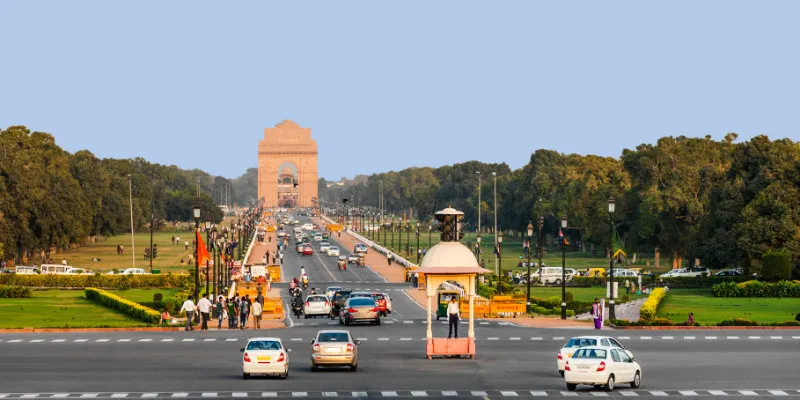Delhi's odd-even phase II - all you need to know about your travel options
After a three-day weekend, Delhi's odd-even scheme, launched on April 15, will face the litmus test today. With more buses on the roads and higher metro frequency, the State government is pulling out all the stops to make its ambitious and much-lauded programme more successful in its second phase. Amidst it all, app-based commuting startups are pitching in with greater gusto to do their bit for the public.

This self-drive car rental service has launched a special package for corporates and office goers called Revv-to-Work. It claims to be an economic weekday self-drive option. According to the company, Revv-to-Work would cost users between Rs 450 and 500 per day with 250 free kilometres. It says that it’s looking to make Revv-to-Work as a default option for commuting for office goers, especially viable in the second phase of this odd-even rule. It’s planning to deploy almost 80 to 100 cars in the next three months in Delhi itself for the service.
The platform, which allows users to book a bike ride, is offering free rides to people travelling to and from metro stations starting between April 15 and 30. These rides will be available at select metro junctions such as HauzKhaz, Malviya Nagar and five km in and around these areas in the capital. It claims to act as an extended arm of Delhi’s public transport system on the odd-even days, with less fuss. With this launch, Rapido is set to make its presence felt in Delhi, being already operational in Bengaluru and Gurgaon.
The startup, a ride-sharing platform for two-wheelers, three-wheelers and four-wheelers for personal vehicle owners, has introduced a 'ride and earn' programme to encourage people to support and share rides with other travellers during the odd-even rule. As a part of this programme, commuters can earn upto Rs 1,200 by sharing a ride on four-wheelers and Rs 600 on two-wheelers. The programme will be applicable for the period of 15 days starting April 15. Money will be transferred from 360Ride account to the user’s own bank account.
This on-demand auto aggregator has increased its autorickshaw supply at the busiest metro stations to solve the last-mile connectivity issue for commuters. Jugnoo has a network of around 10,000 autorickshaw drivers across India, a number that is growing at a steady rate.
This intra-city travel application brings all intra-city modes of transport on a single screen such as cabs, autos, bike-taxi services or public transport (yet to be launched). Earlier, people had to struggle to choose amongst multiple apps for booking a cab, checking the metro route or fare, or checking bus route numbers and stops. According to the platform, with Instago coming into the picture, this ordeal of seeking and comparing information is reduced to an effort lasting only a few seconds. All information will be available centrally at one place, including price, estimated time of arrival and duration of the trip on the app.
At the time during the odd-even rule, this personal assistant app claims to help users in getting the best option to commute in the city. The app allows users to book a cab available in their vicinity, featuring quick and economic availability. By using the cab feature on Helpchat, one can plan, search and choose the best option, avoiding a price surge during peak commuting hours. The app also hosts a feature of air quality check in one’s locality. With its help, one can take the less polluted route and avoid air-related health issues.
Earlier this year, in the first phase of the odd-even scheme, such commuting-based startups had played a major role in making the idea successful. They had even witnessed a steep rise in customer numbers in the period. Industry experts too admitted it wouldn’t have been possible for public transport alone to manage the load of extra commuters while the scheme was in force.







